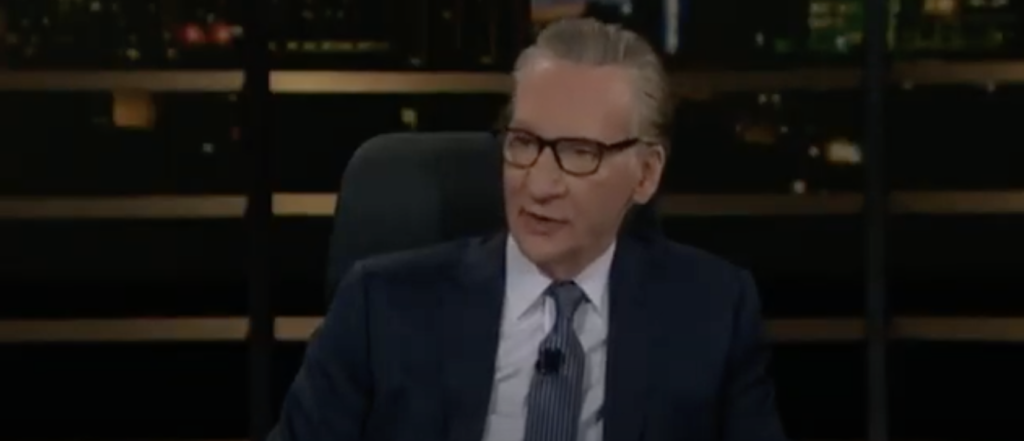HBO host Bill Maher said Friday that the inflation stemming from massive spending packages passed in response to the COVID-19 pandemic caused bank failures, including that of Silicon Valley Bank.
“Interest rates spiked, right, because of inflation,” Maher said to former Democratic presidential candidate and Forward Party founder Andrew Yang and Democratic Rep. Elissa Slotkin. “So, when Uncle Sugar was very generous during COVID, right? That was the result of that. That’s what caused the inflation, a lot of what caused the inflation. You cannot put $6 trillion that you don’t have into people’s pockets and not expect some inflation.” (RELATED: Tucker Carlson Wonders What The Federal Gov’t Will Get In Return For ‘Backstopping’ Deposits At Failed Banks)
#StartTheClock: Tonight’s episode of #RealTime with @BillMaher feat. @NoaTishby, Rep. @ElissaSlotkin and @AndrewYang starts now on @HBO & @HBOMax!
Watch the conversation continue after the show on #RTOvertime @ 11:30pm ET on @CNN. pic.twitter.com/V8SS9mCniM
— Real Time with Bill Maher (@RealTimers) March 18, 2023
Larry Summers, who served as Secretary of the Treasury in the Clinton administration and as an economic adviser to former President Barack Obama, warned about potential inflation in a Feb. 24, 2021 op-ed in The Washington Post, while former Obama administration official Steven Rattner warned about the inflationary risks of Biden’s spending in multiple 2021 op-eds in The New York Times.
Federal regulators shut down Silicon Valley Bank March 10 after its stock price collapsed and customers began a bank run following the financial institution’s disclosure of a $1.8 billion loss on asset sales due to high interest rates, CNBC reported. Depositors who had accounts at Silicon Valley Bank and Signature Bank, which was shut down by regulators Sunday, will be able to fully recover their funds, the FDIC announced in conjunction with the Treasury Department and the Federal Reserve Sunday.
“Silicon Valley Bank, people have to understand, they went bust by buying Treasury bills,” Yang said. “They did not buy something risky, they bought the least risky thing on the table, and it became risky because interest rates spiked. There is a 100% chance that a lot of other banks have done the exact same thing.”
Yang compared the situation to the 1970s, but noted the financial sector composed much more of the American economy now than it did in the 1970s.
All content created by the Daily Caller News Foundation, an independent and nonpartisan newswire service, is available without charge to any legitimate news publisher that can provide a large audience. All republished articles must include our logo, our reporter’s byline and their DCNF affiliation. For any questions about our guidelines or partnering with us, please contact licensing@dailycallernewsfoundation.org.


